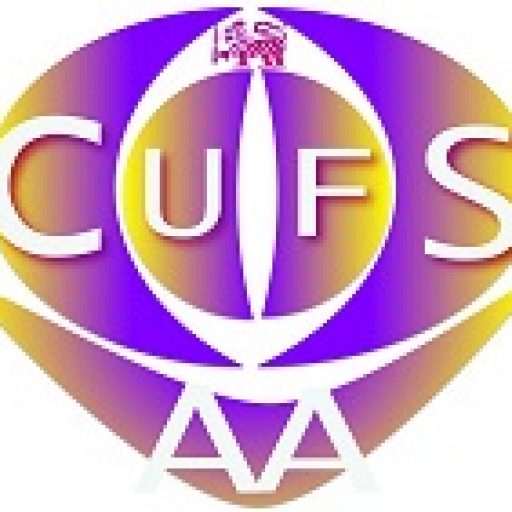The Translational Biomimetic Bioelectronics Lab (TBBL) at UTHealth / Rice University is seeking a postdoctoral fellow to work on an exciting new NIH BRAIN grant to develop novel depth arrays in humans. This technology will monitor seizure activity and speech in the epilepsy monitoring unit for several weeks using the first human demonstration of our directional and scalable depth array. This project will advance diagnostic tools and brain-computer interfaces (BCIs).
The position is seeking a neurotechnologist with cleanroom or additive manufacturing experience in implantable CNS tools. A PhD in bioengineering, electrical, or materials science or equivalent is required. Broad neuroscience or neurology background and an entrepreneurial approach to translation is desired. The postdoctoral fellow will function as part of a multidisciplinary team of technologists, neurosurgeons, neurologists, and speech neuroscientists.
Qualified candidates are eligible for an incentive package of $25,000 from the Texas Institute for Restorative Neurotechnologies (TIRN) in addition to a very competitive salary.
TBBL: Our mission is first-in-human demonstrations of the most advanced bioelectronics for the treatment of neurologic disease. Multiple Postdoctoral Fellow research positions are available in the TBBL co-located at The University of Texas Health Science Center at Houston (UTHealth) and Rice’s Neural Engineering Initiative.
World Class Environment: Fellows will benefit from a close interaction with our collaborating experts in the fields of neurosurgery, neurology, neuroscience, machine learning, materials science, mixed-mode circuits, and system design. Our closest collaborators at UTHealth are neurosurgeons, neurologists, and neuroscientists who offer critical design input for human or primate use. Our lab is also located in the Biosciences Research Collaborative at Rice University and part the Rice Neuroengineering Initiative, thus collaborations are ongoing between UTHealth, Rice University, and Baylor College of Medicine. Our front-end fabrication is performed at the Rice Nanofab facility. The fellow will receive training for future opportunities in either academia or medical device industry. The successful candidate will work at the intersection of experimental neuroscience, computational neuroscience, and neuroelectronics to implement neurosurgical tools in pre-clinical models and in first-in-human experiments.
Responsibilities will include but may not be limited to
• Creative problem solving in materials science and electrical engineering
• Advanced packaging of next-generation medical implants
• Computation modeling of existing and novel device designs
• Integration of data collection and signal processing algorithms
• Co-author applications for institutional review board (IRB) and the FDA investigational device exemption (IDE)
• Presentation at scientific meetings and publication in high impact journals
• Participation in grant writing and preparation
• Mentoring of junior staff
Qualifications and Skills
• PhD in biomedical, electrical engineering, materials science, or related fields
• Experience in neural engineering, including BCIs, machine learning, neuroprosthetics
• Strong publication record and academic credentials
• Understanding of electrophysiology in all forms: single units and field potentials
• Some experience with pre-clinical models including small and/or large mammals
• Some experience in biomedical signal processing, feature extraction and machine learning applied to biological and/or neural datasets
• Programming skills (Python and/or MATLAB)
• Knowledge or strong interest in speech BCI and speech neuroscience
• Excellent verbal and written communication skills
• Ability to work effectively both independently and in collaboration with multiple principal investigators
Salary
Competitive salary, benefits, and moving expenses. See also TIRN incentive package.
Deadline
The positions are available immediately, and the applications are considered on an ongoing basis until the positions are filled.
How to Apply
The application should be sent to Dr. John Seymour, john.p.seymour@uth.tmc.edu. The application should include the candidate’s CV with the list of publications, a statement of interests, and the names and contact information of at least three professional references.
